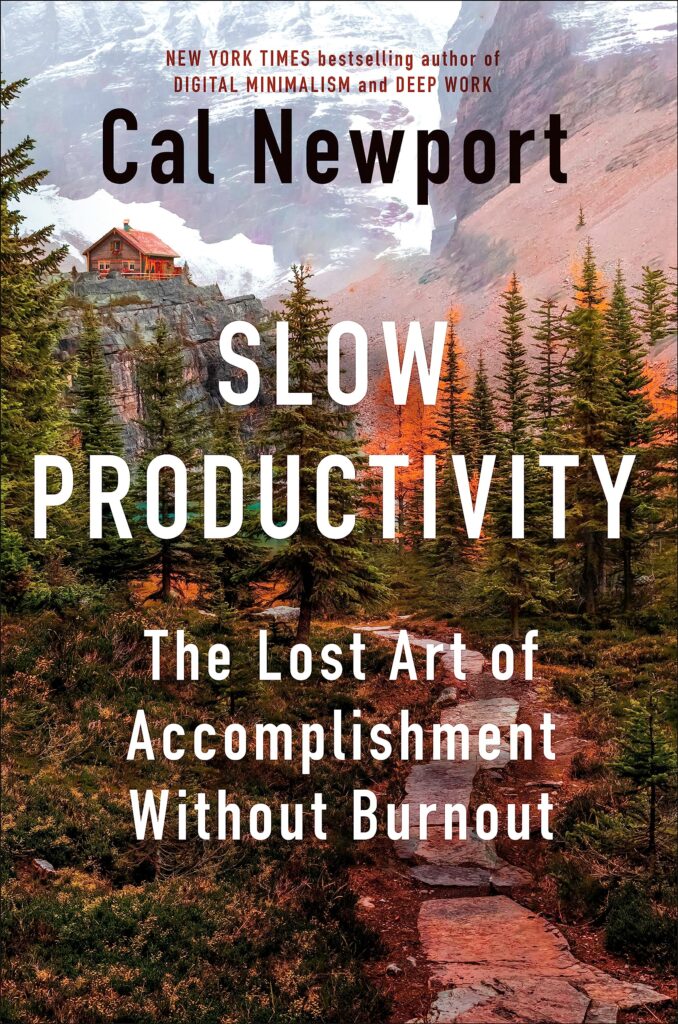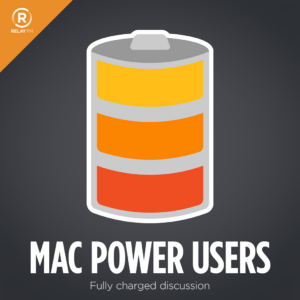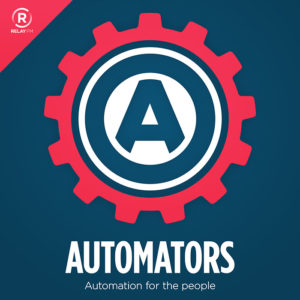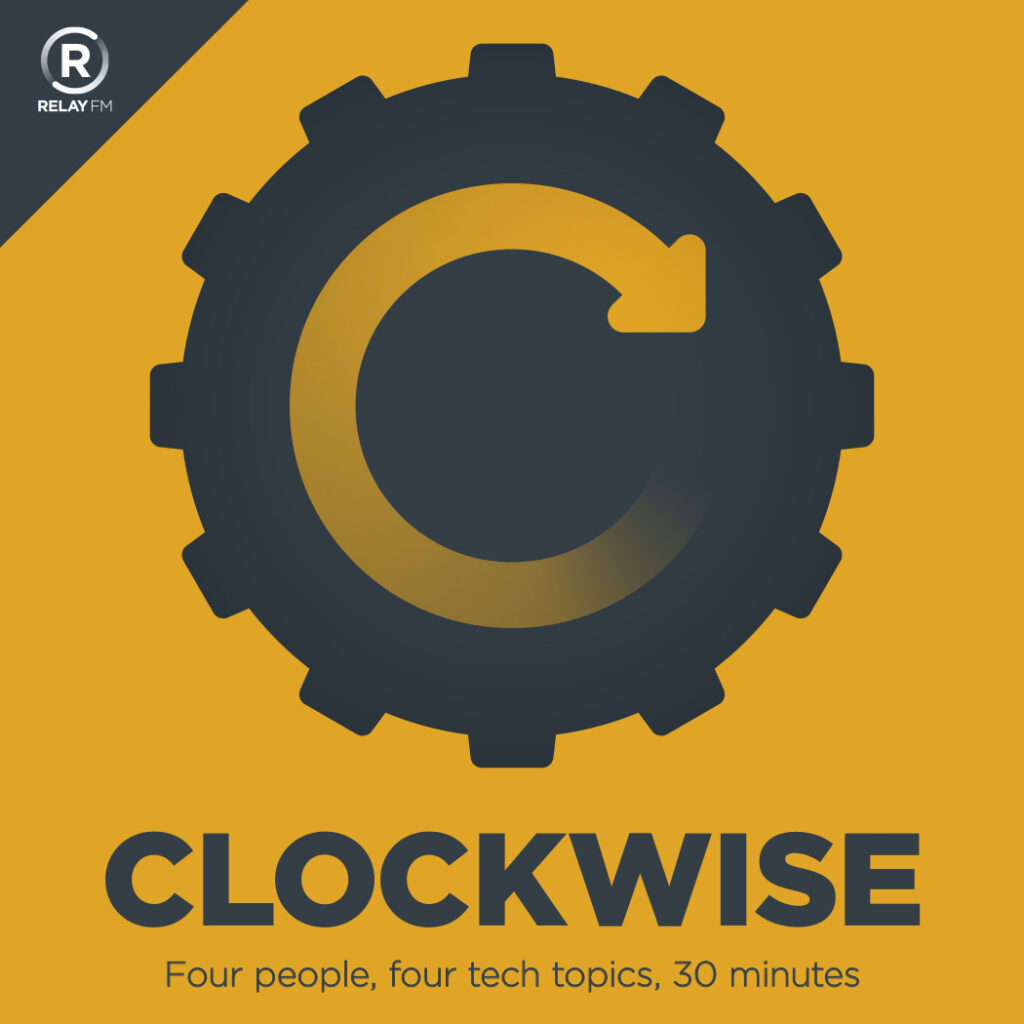I recently read Cal Newport’s latest book, Slow Productivity. Cal Newport is one of the leading voices in productivity, particularly for knowledge workers. One of the things I like about him is that he covers a diverse array of topics, from planning your career in So Good They Can’t Ignore You to finding focus in Deep Work and now slowing down for the important stuff with Slow Productivity.

There’s a movement afoot concerning productivity and slowing down, and it’s a good one. With the emergence of technology, we all came to the idea that we needed to do more faster, which led us into this current crisis where we’re all so busy doing the little things that we never have time to think about the big stuff. Even though this is normal to us, it is unusual in history.
In this book, Cal goes back through history and explains how, normally, people spend a lot of time thinking about important questions to come up with valuable and important answers. Sir Isaac Newton didn’t have to contend with an email inbox. In this book, Cal talks about ways to bring us back to those roots where we can focus on the big things and a lot less on the small things.
This has been an overall trend for me as well. So much so that one of the video lessons in the Productivity Field Guide is called You Have To Do Less. This is straightforward advice to give and hard advice to accept.
In this book, Cal gives some great examples of practical ways to turn slow productivity into a reality. The book is entirely digestible at 220 pages and full of good ideas for exploration. As a complete aside, I will note that of all of Cal’s books, this one has the best cover.



